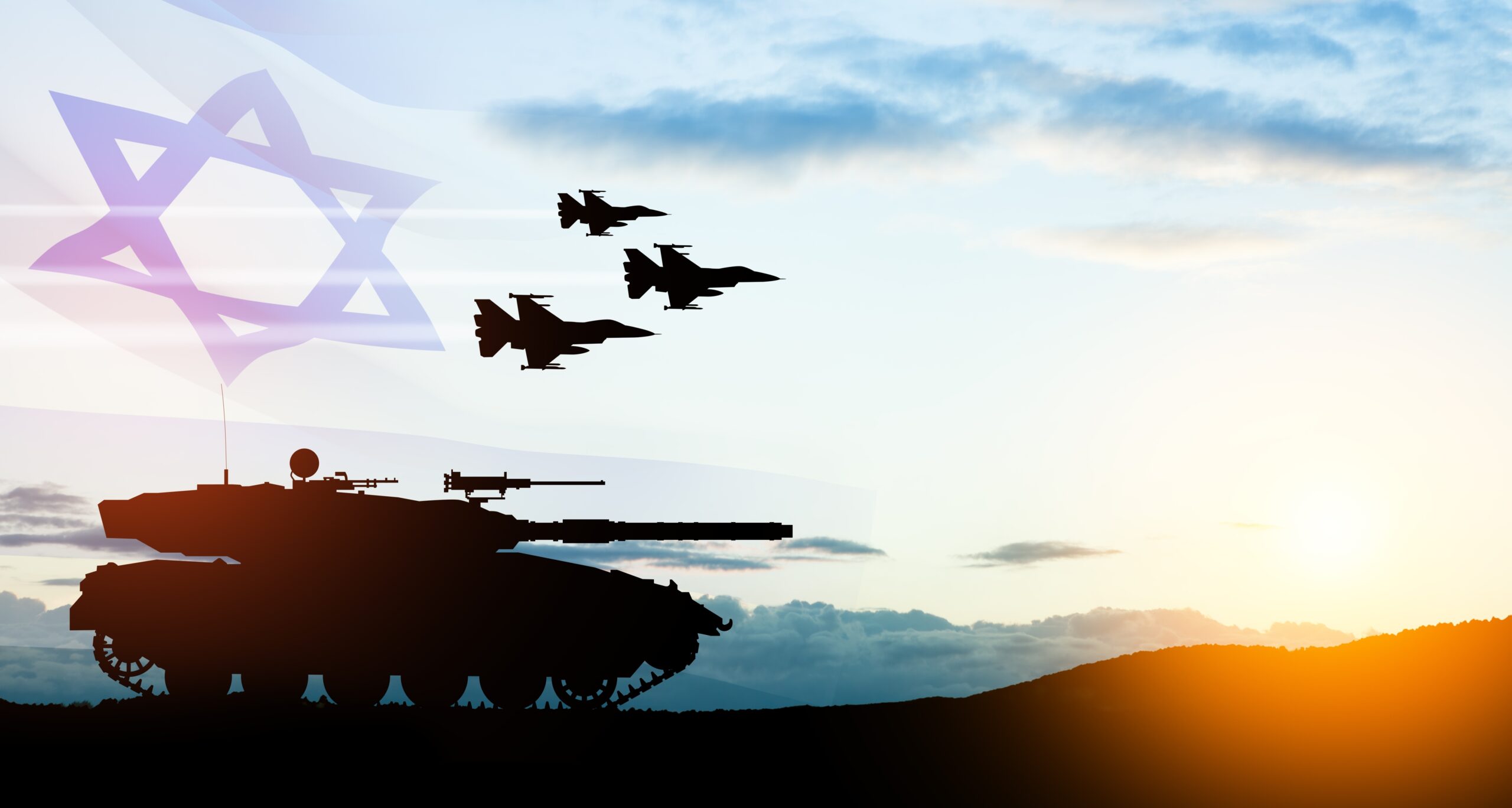Israel is facing an unparalleled wave of international scrutiny and legal challenges stemming from its policies toward the Palestinians. This mounting pressure is reshaping the geopolitical landscape and testing alliances.
Legal Challenges on the Global Stage
This month, Israeli Prime Minister Benjamin Netanyahu joined the ranks of world leaders targeted by the International Criminal Court (ICC). The ICC’s prosecutor is seeking arrest warrants for Netanyahu and his defense minister, Yoav Gallant, on suspicions of war crimes and crimes against humanity during Israel’s war in Gaza. This places Netanyahu alongside figures like Sudan’s Omar Al Bashir, Russia’s Vladimir Putin, and Libya’s Moammar Gadhafi.
Adding to the pressure, the International Court of Justice (ICJ) ordered Israel to halt its controversial military operation in Rafah, Gaza, citing a “disastrous” humanitarian situation. This order comes seven months after Hamas attacked Israel, resulting in significant casualties and hostages.
Mounting Diplomatic Pressures
The diplomatic fallout has been equally severe. A non-binding vote at the UN General Assembly showed overwhelming support for an independent Palestinian state. This week, Ireland, Spain, and Norway announced plans to recognize a Palestinian state formally. “We live in a time in world history where doing the bare minimum is both heroic and insufficient,” stated Spanish Deputy Prime Minister Yolanda Díaz. “Palestine will be free from the river to the sea,” she added, using a slogan that has stirred controversy.
Domestic and International Reactions
Domestically, Netanyahu faces intense pressure to negotiate with Hamas for the return of Israeli hostages. Graphic footage of hostages’ abduction released by their families has amplified calls for action. The Israeli war cabinet has indicated a willingness to resume talks, with CIA Director Bill Burns traveling to Europe to facilitate negotiations.
Quandary for Western Allies
The legal actions against Israel are testing the commitment of its Western allies to the international legal system. Germany, for instance, defended its arms sales to Israel against accusations of facilitating genocide brought by Nicaragua. Despite this, the court rejected an immediate halt to these exports.
The ICC’s move to pursue arrest warrants against Netanyahu and Gallant has divided Western nations. While the US and the UK have denounced the move, other European countries support the court’s independence. The ICC is also considering warrants against top Hamas officials.
In the US, a bipartisan effort in Congress aims to penalize the ICC, highlighting the significant support Israel still enjoys. “If they do this to Israel, we’re next,” warned Senator Lindsey Graham.
Israel’s position on the global stage is under significant strain as legal and diplomatic pressures mount. Despite these challenges, Israeli officials remain resolute in their defense and actions. As Netanyahu declared, “Even if Israel is forced to stand alone, we will stand alone, and we will continue to strike our enemies powerfully until victory.” The international community’s response to these developments will shape the future dynamics of this ongoing conflict.







